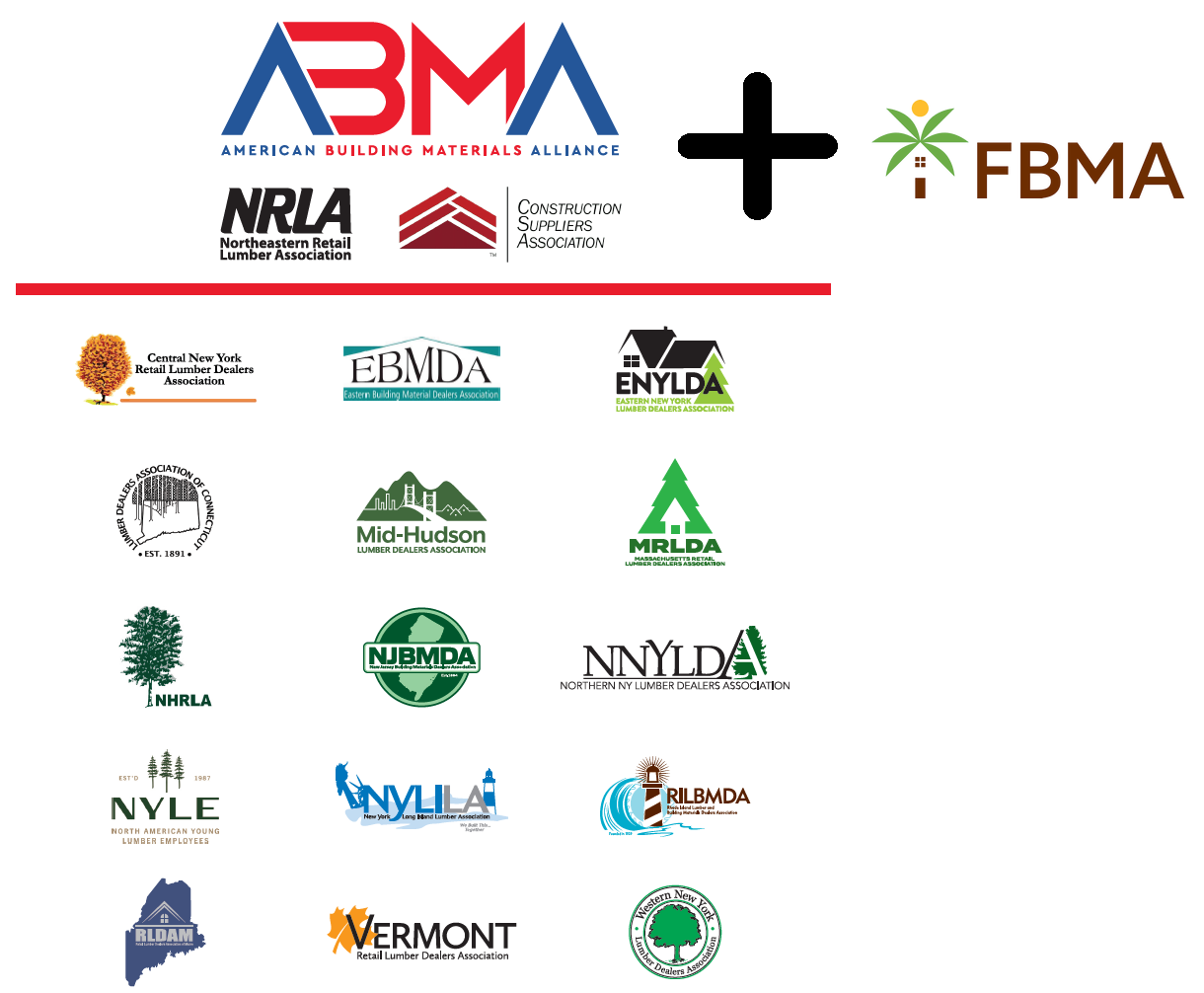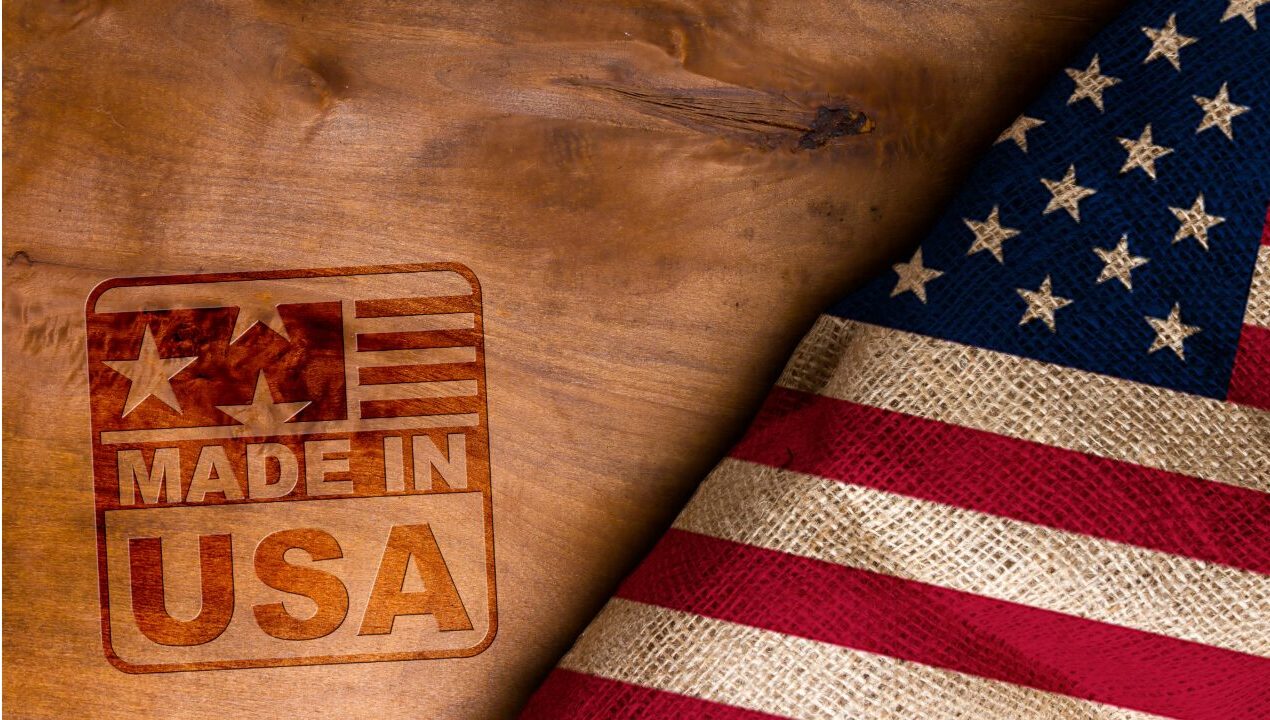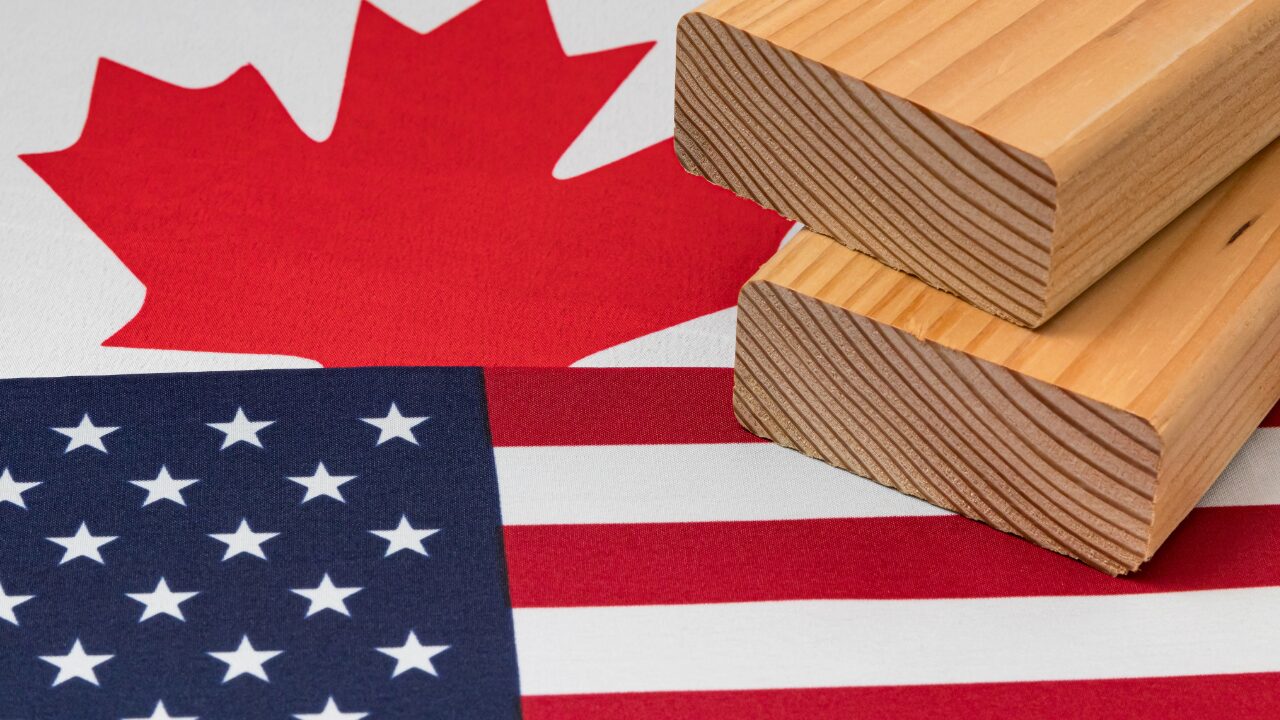Rensselaer NY – Today, ABMA Committee members and members of the Retail Lumber Dealers Association of Maine (RLDAM) met with Senator Susan Collins and her staff to advocate for a US-Canada Softwood Lumber Agreement (SLA).
The most recent SLA expired in 2015. The lack of an agreement is contributing to the country’s rising and unpredictable lumber prices via high US tariffs, which in turn are contributing to affordable housing issues and fewer Canadian exports.
Richard Willard of Hammond Lumber Company in Bellgrade, Maine, explained, “pricing fluctuations (for lumber) have been dramatic over the past year and a half. Supply has also been an issue at times. Pricing stability has been a real struggle and a Canadian Softwood Lumber Agreement would help settle that.”
Senator Collins, who is a big advocate for a new SLA, explained how she has been actively working on this issue and agrees that it worked well for both sides when it was in place. Sen. Collins also sees this as an issue for affordable housing. If there is not stability or predictability in the cost of building supplies, it is not possible to build affordable housing, which Maine and our nation desperately need.
The Senator said she would continue to push the Biden administration to negotiate a new SLA.
ABMA will continue to work closely with Senator Collins and will put pressure on USTR Ambassador Katherine Tai and Secretary of Commerce Gina Raimondo, to make a new SLA a priority.
Why do we need the Softwood Lumber Agreement?
Without an agreement, Canadian lumber is much cheaper than US lumber given the differences in stumpage fees in each country (governed by law in Canada, governed by the market in the U.S.). Thus, Canada can flood the U.S. market with cheaper lumber. However, without an SLA, the federal government imposes high tariffs on Canadian lumber, which drastically drives up the price of lumber and construction in the U.S. A SLA imposes import fees on Canadian lumber to put pricing on par with U.S. lumber prices, leveling the playing field.
About ABMA
ABMA, established in August 2021, is a committee of unified voices advocating on behalf of the lumber and building materials (LBM) industry at the federal level. ABMA currently represents LBM dealers and associated businesses in Alabama, Connecticut, Delaware, Georgia, Louisiana, Maine, Maryland, Massachusetts, Mississippi, New Hampshire, New Jersey, New York, Oklahoma, Pennsylvania, Rhode Island, Vermont, and Washington, D.C. The mission of the ABMA is to advance, shape, and influence policy in all branches of government. We work directly with members of Congress, the White House, and federal agencies to impact the legislative and regulatory process as it affects the LBM industry. ABMA is powered by the NRLA and Construction Suppliers Association (CSA).




